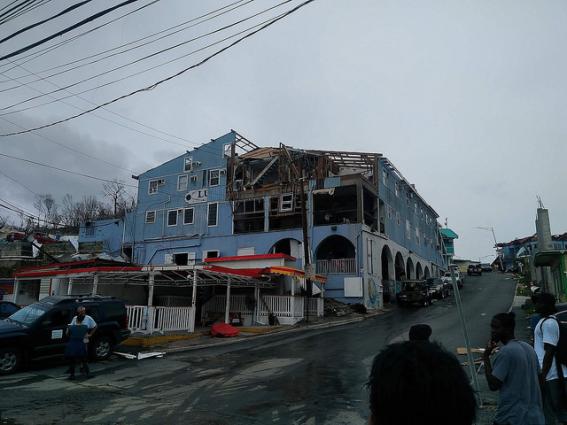Through Caribbean Institute for Meteorology & Hydrology (CIMH) and Caribbean Disaster Emergency Management Agency (CDEMA), the lessons drew from a consultative process with the states/territories affected by the hurricanes and in particular Dominica, St Kitts & Nevis, St Martens, St Barthelemy, St Martin, Turks and Caicos, Dominican Republic, Antigua and Barbuda, Cuba, Montserrat and Haiti. Other partners involved in early warning systems in the region were consulted, as well as the Weather Services of countries and territories in the region.
Key Deliverables
- A comprehensive evidence-based multiagency assessment of the regional climate and hydrometeorological early warning systems to be carried out taking into consideration evidence emerging from the performance of local, national and regional early warning system associated with Hurricanes Irma and Maria
- Strengthen immediate weather forecasting over the Eastern Caribbean with particular focus on impacted states and territories
- strengthening the gender perspective of early warning systems in the Caribbean post-2017 hurricane season

Caribbean: Lessons Learnt on Early Warning Systems Following the 2017 Hurricane
|
|






